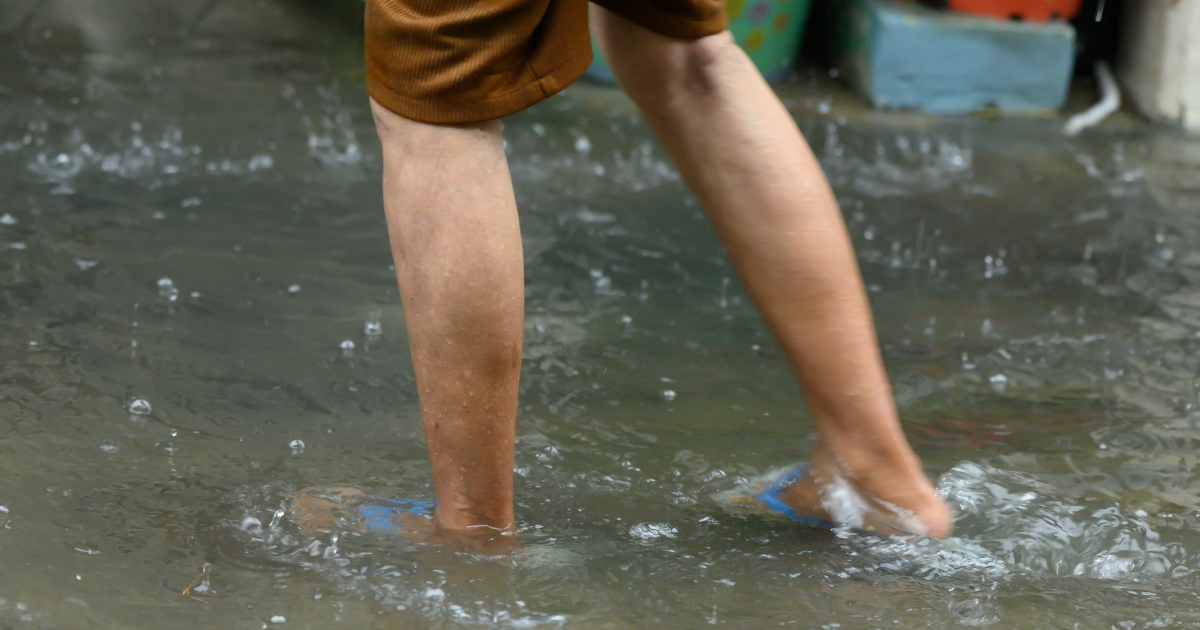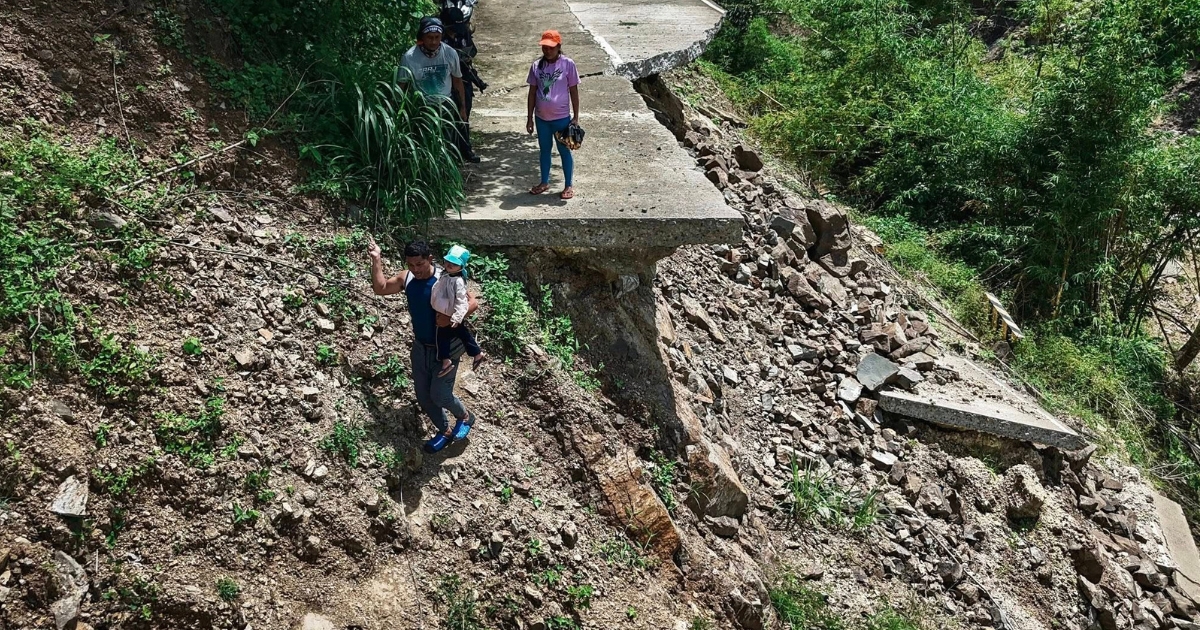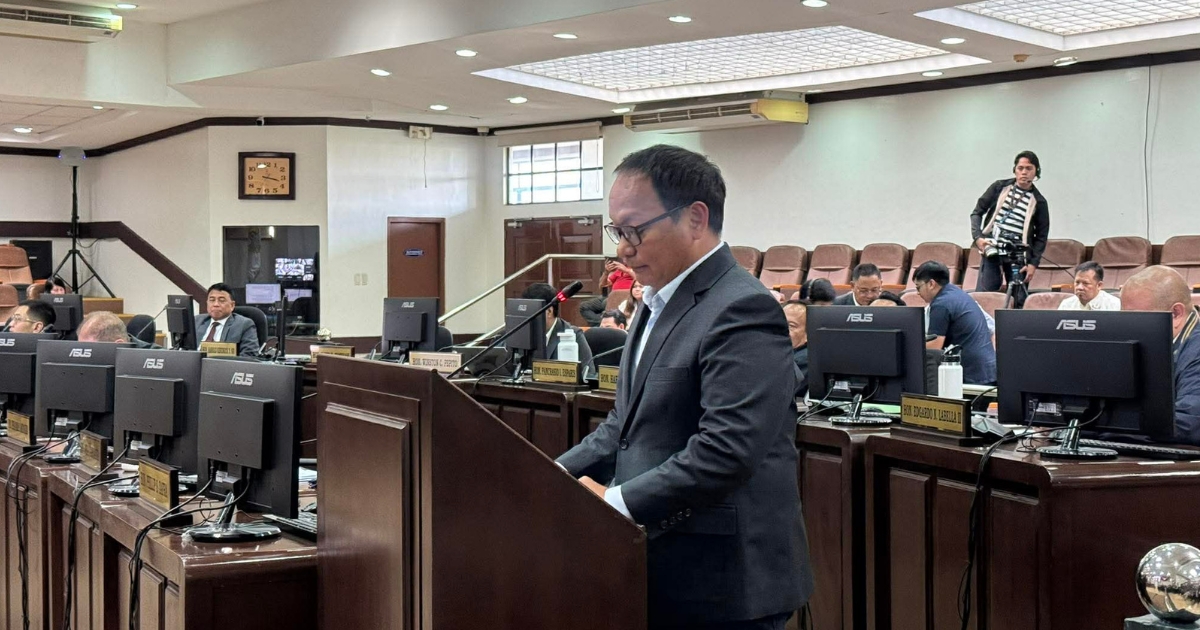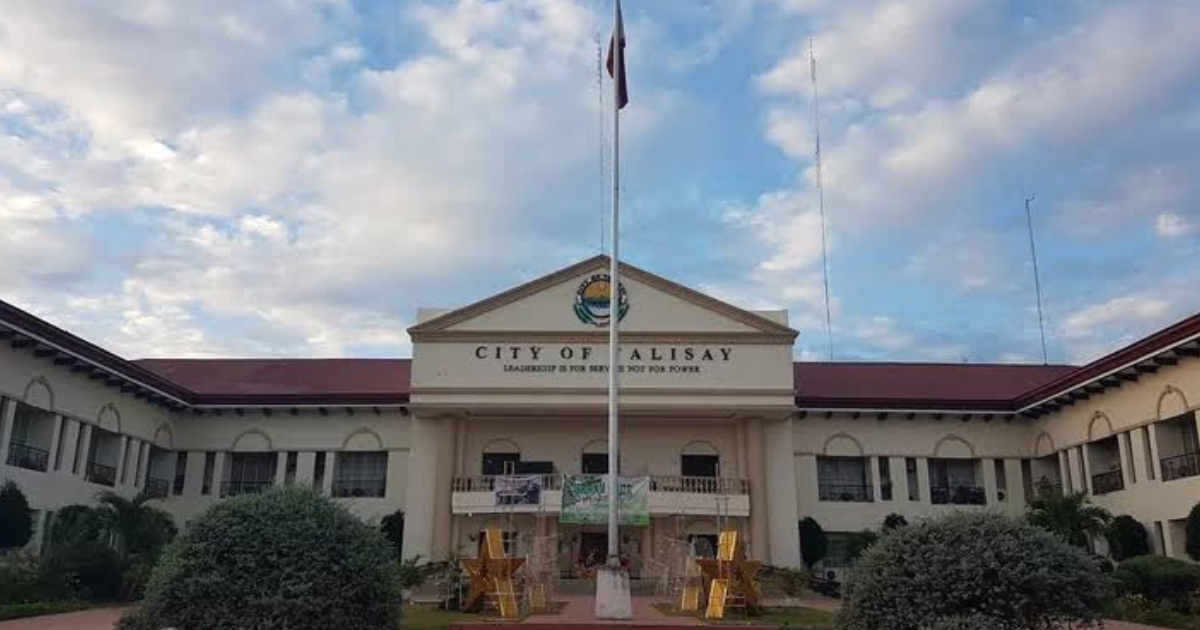Cebu Province is facing a new health challenge in the wake of Typhoon Tino as leptospirosis cases rise in flood-affected communities.
The provincial government has directed all district and provincial hospitals to increase monitoring and readiness after a surge in suspected infections.
Hospitals have been placed on high alert, especially in areas that experienced prolonged flooding, according to Capitol Public Health Consultant Dr. Nikki Catalan.
Confirmed cases at the Cebu Provincial Hospital remain low, but Balamban has reported the most suspected patients, with 19 under observation.
Catalan said the increase in cases was anticipated, noting that leptospirosis symptoms often take days or even weeks to appear.
“We’ve been anticipating this for a while. Diba ang incubation perios can be two to 20 days or a little bit more. So karon mao najud ni time nga manggawas ang signs and symptoms,” she said.
The Provincial Health Office has issued advisories directing local government units to monitor residents exposed to floodwaters.
Municipal health officers and provincial doctors have also been briefed on updated detection and referral procedures to ensure early treatment.
While the current situation is not yet considered critical, Catalan said authorities are taking precautions to prevent further fatalities.
She stressed that leptospirosis can infect even those without open wounds, as bacteria can enter the body through minor skin breaks or ingestion of contaminated water.
Residents showing symptoms such as fever, muscle pain, chills, or jaundice are urged to seek immediate medical attention.
Health workers face challenges, including residents refusing prophylactic medication.
Limited availability of hemodialysis machines in local hospitals is another concern, as severe cases may require urgent dialysis.
The provincial government has coordinated with infectious disease specialists and nephrologists and is advocating for PhilHealth to extend zero-balance billing for leptospirosis patients, similar to the coverage provided during the recent earthquake response.
According to data verified by the Department of Health Central Visayas, Cebu recorded 23 leptospirosis cases from November 1 to 14.
Talisay City logged eight cases, Consolacion six, while Asturias and Liloan recorded two each.
One case each was also documented in Argao, Balamban, Danao City, Medellin, and Sibonga. Several suspected infections and one suspected fatality are also being monitored in Balamban and Bogo City.
Health officials said the spike illustrates how flooding can trigger a secondary public health emergency.
From January to October, the province reported 90 confirmed leptospirosis cases, including 11 deaths.
To further respond to the rising threat, the Cebu provincial government has formed a Leptospirosis Task Force following Typhoon Tino, which displaced 53,981 families, or 198,522 individuals, into 1,793 evacuation centers as of November 10, 2025.
Governor Pamela Baricuatro issued Executive Order No. 70, directing the task force to coordinate province-wide case management, logistics, and prevention efforts.
The task force will also activate the Leptospirosis Emergency Operations Center (EOC) to manage referral pathways for suspected and confirmed cases.
Flooding from Tino exposed communities to contaminated water, increasing the risk of waterborne diseases, particularly leptospirosis.
The provincial government cited historical data: after Typhoon Ondoy (Ketsana) struck Metro Manila in 2009, the Department of Health recorded 591 suspected leptospirosis cases, 259 of which were confirmed, resulting in 67 deaths.
The task force will operate the EOC 24/7, including a hotline for first-contact facilities.
It will triage and refer cases through the Consultant-on-Deck system, manage antibiotics and dialysis supplies, monitor real-time data through eight-hourly shift reports, and coordinate with hospitals, rural health units, and local governments to strengthen surveillance and prevention.
Funding will come from the Provincial Disaster Risk Reduction and Management Fund, the Provincial Health Office, and other available sources.
Meanwhile, the Department of Health Central Visayas has warned residents not to self-medicate.
DOH 7 Director Joshua Brillantes stressed that antibiotics should only be taken when prescribed by a licensed healthcare provider.
“Taking them without consultation can cause adverse reactions and reduce their effectiveness over time,” he said.
Leptospirosis, a bacterial infection transmitted through water contaminated with animal urine, poses a serious health risk. It can cause high fever, severe muscle pain, kidney or liver failure, and in some cases, death.
The DOH advised that doxycycline, an antibiotic used to prevent leptospirosis, should only be taken under medical supervision, as misuse can lead to stomach upset, increased sensitivity to sunlight, severe allergic reactions, and antibiotic resistance.











